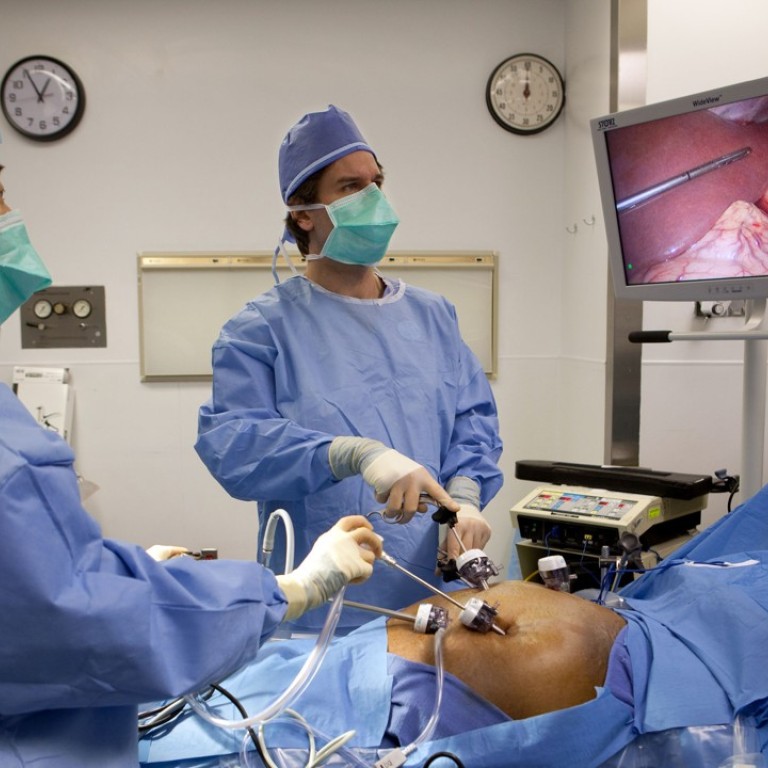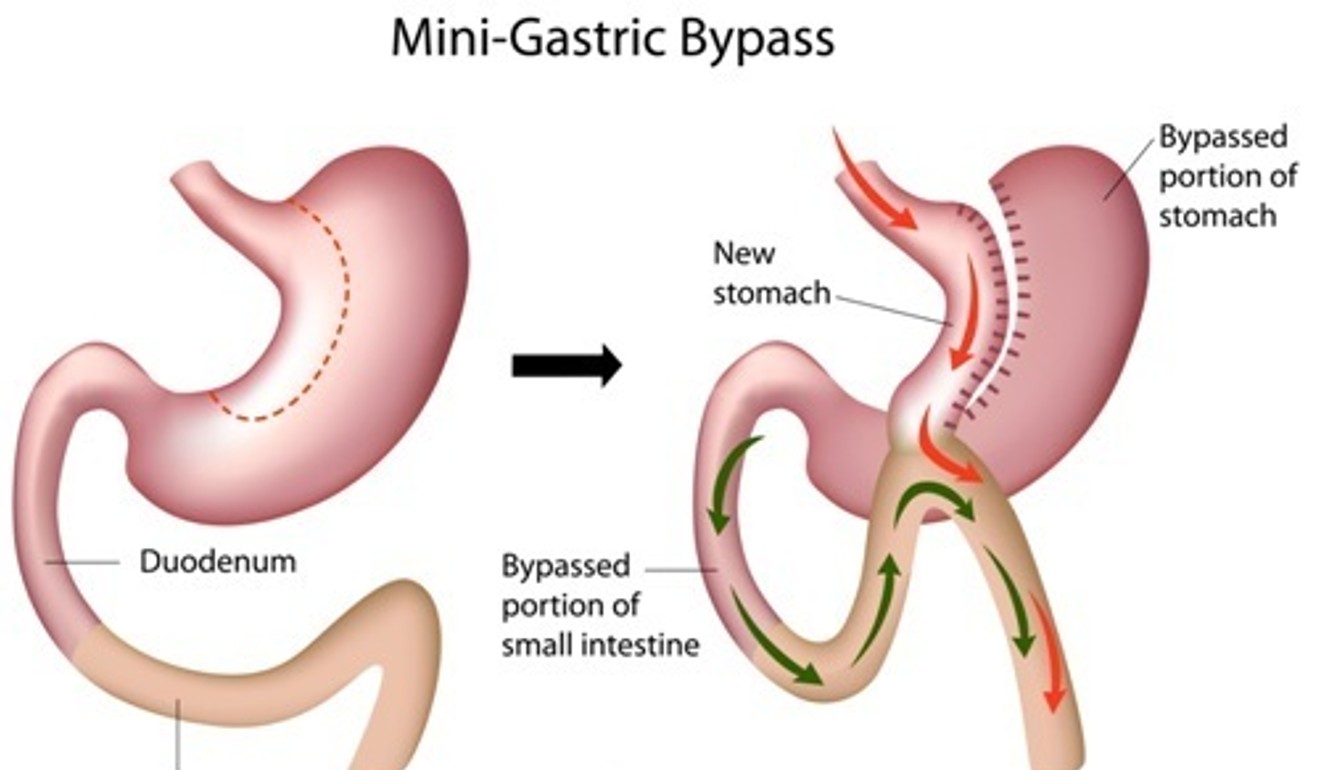
Weight-loss surgery results in singles finding love, while existing relationships more likely to fail, study finds
The study found that people who underwent bariatric surgery were 28 per cent more likely to separate from their partner after the procedure than a comparison group who didn’t have surgery
Surgical reduction of the stomach may do more than change signals of hunger and appetite, improve metabolic function and induce substantial weight loss. New research suggests it may change some hearts as well.
A Swedish study has found that obese people who had a spouse or live-in partner and then underwent weight-loss surgery were 28 per cent more likely to become separated or divorced compared with those in a comparison group who didn’t have surgery.
Patients who were single before surgery, however, were roughly twice as likely to begin a new relationship afterward, as were obese patients who just got weight-loss advice.
Intermittent fasting is a proven way of losing weight quickly – but it may not work for everyone
Those findings, measured four years after patients underwent bariatric surgery, were magnified in people who lost the most weight. They offer new evidence that while substantial weight loss can buoy an obese person’s self-confidence and rekindle his or her drive to find romance, it can also disturb the foundations of existing partnerships.

It’s a dynamic familiar to David Sarwer, who directs the Centre for Obesity Research and Education at Temple University’s College of Public Health in the US.
Many people intuitively believe that weight loss will improve a romantic relationship, says Sarwer, who has studied the impacts of weight-loss surgery for two decades. They think, “The person who lost the weight will be thrilled and the partner will be pleased with the change in appearance as well,” adds Sarwer, who was not involved in the study.
Six tips on how to maintain a happy marriage – yes, good sex is one of them
“Unfortunately, weight loss can have negative effects on relationships,” he says. “The person who loses weight may feel better about herself and end an unhappy relationship. Sometimes, partners are threatened by the weight loss and that jealously can cause problems.”
The study’s authors say assigning blame for break-ups would be difficult. Their research did not capture which partner ended the relationship, or why.

In 2013, nearly 470,000 bariatric procedures were performed globally.
Most weight-loss surgery patients and their partners report that the quality of their committed relationships stays steady or improves, the authors noted. But in addition to reporting feelings of jealousy, some partners of bariatric surgery patients tell researchers they feel “no longer needed” after a mate has undergone such drastic change.
If they’re to have a “better chance of handling potential tensions,” prospective weight-loss surgery patients should be informed about this possibility, the authors reported.
Divorces and separations were higher among patients who judged the quality of their relationships to be poorer at the time of surgery. And they were more common among patients who were younger, had been divorced before, or who had been married or living with a partner for a shorter period.
Not all ended relationships should be seen as evidence of an “adverse event” of bariatric surgery, the authors cautioned. The increased self-esteem that comes with taking the decision to have surgery, and the substantial weight loss that comes with it, may have empowered some patients “to leave an unhealthy relationship,” they wrote.
How a Hong Kong career woman got over shock of husband’s affair and moved on with her life – and how you can too
The study, conducted in Sweden, gleaned these insights from a pair of large national databases. One compared patients who got weight-loss surgery – also called bariatric surgery – with a comparison group of obese people who just got weight-loss advice. Another compared changes in the marital status of bariatric surgery patients with that of people in the general population.

After four years, 9.4 per cent of patients who got bariatric surgery reported they had separated or divorced. Among obese patients who got weight-loss advice only, 5.5 per cent had undergone divorce or separation four years later. After taking into account other factors that influence the likelihood of relationship break-ups, the authors gauged the increased risk of divorce or separation among those getting bariatric surgery to be 28 per cent at the end of four years.
Compared with a general population (rather than to a comparison population of obese people seeking care for that condition), rates of divorce among those who underwent weight-loss surgery was 76 per cent higher.
The study also documented one of bariatric surgery’s happier effects: love and marriage.
After four years, 21 per cent of the single men and women who got surgery had entered into marriage or a new romantic relationship. For the obese members of the comparison group who got diet-and-exercise advice only, 11 per cent had done so after four years.
After 10 years, 35 per cent in the surgery group had married or kindled a new romance, compared with 19 per cent of those in the comparison group.

